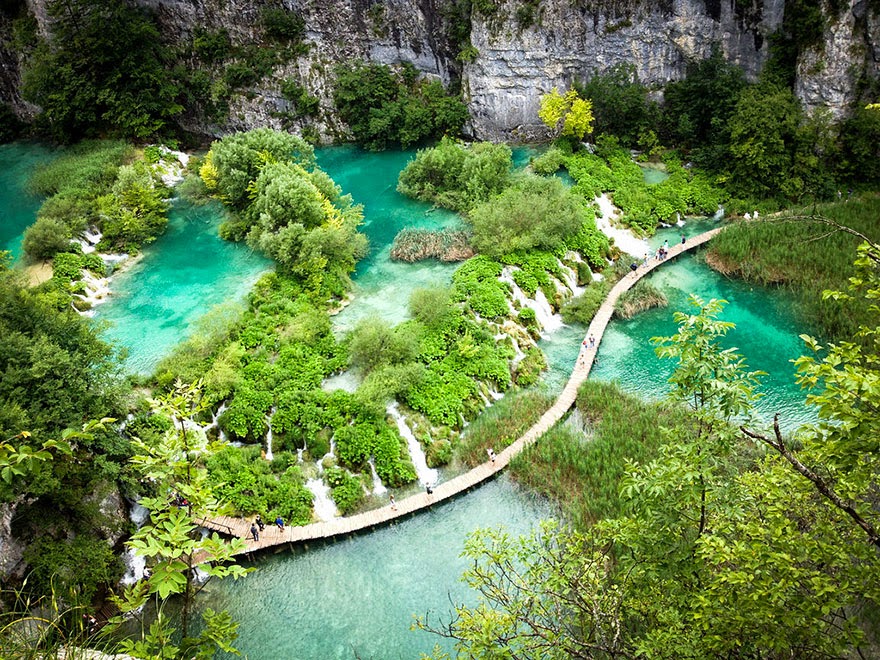Clean water
and fresh air are free gifts to us from nature. Trees that surround us purify
the air we breathe despite the tones of poisonous gases we release annually
.What we don’t know is that as we cut
these trees the more the gas will
increase and it may reach a time we have
to wear gas masks 24/7. Imagine
that for a minute…wont you miss just being free and breathing fresh air.???
Being forced to carry an oxygen tank like a school bag; won’t that be just
tiresome?
Well as we enjoy breathing fresh air there is a small island located
in southeast china called Miyakejima, where residents wear gas masks even
during wedding ceremonies .It’s not some form of fashion but as a result of
volcanic eruptions that took place back in 2000.The island people before 2000
had already adapted to recurrent volcanic eruption but in 2000 the worst happened.
This volcanic eruption caused poisonous gases to leak from earth that forced
the 3600 island residents to evacuate, but the citizens won’t stay away.
Surprisingly
after this eruption was followed by 17,500 earthquakes which hit the island
between June 26th and July 21st. During this eruptions and
earth quakes, Miyakejima was enveloped in ash plumes reaching 10 miles in height,
pyroclastic flow (fast flow of superheated gas), and heavy ash fall alongside
crater collapses. This disaster also led to high levels of toxic sulfur dioxide
regularly leaking up through the ground making 20% of the land uninhabitable.
Sulfur
dioxide at high concentration affects lung function, worsens asthma attacks and
aggravates heart diseases' in sensitive groups. Three months after the disaster
the government took action and forced a mass evacuation in September. For five years,
Miyakejima was declared off limits. The island was left with dead trees, rusted
cars, and abandoned buildings. Slowly the evacuation order was lifted and in
2005 residents were allowed to return to their homes. Others preferred to
remain in Tokyo but surprisingly 2,800 chose to return, but had to adopt
wearing gas masks and dangerous gases seeping through the air.
Despite all
these gas tourism is leading in the area, with tourist purchasing gas masks
from ferry stations. Due to the eruption there is a great view from
sightseeing, from a boned houses, crushed cars and areas that erupted. The
lives of these island people are forever tied to wearing gas mask and
protective gears but not by choice but circumstances. Our current status where
really don’t really give that much to climate change and combating its effects
might lead to one day all of us living
the same life style with no alternative. Before we reach there let’s keep
planting trees…it’s that simple!!!!!!
Author: Angela Keter (Advocacy and Communication Officer-Scope Intervention)
Email: kangela@scopeintervention.org





























